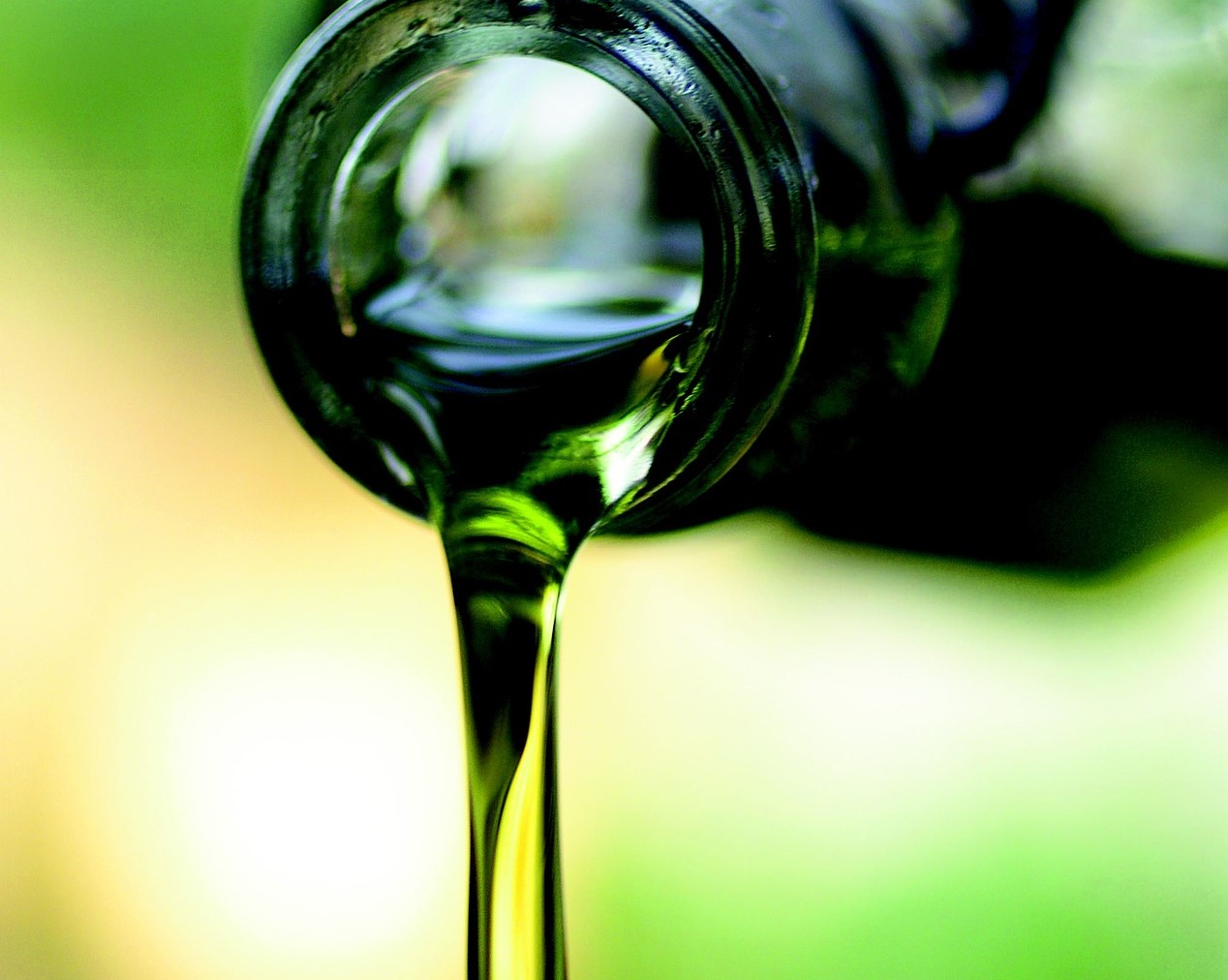Europe – Europe finds itself increasingly reliant on imported used cooking oil (UCO) as a crucial component for biofuels, particularly in the transportation sector.
Recent analysis by Transport & Environment (T&E) reveals that a staggering 80% of the UCO consumed in Europe is sourced from overseas, with China emerging as the primary contributor, supplying 60% of the total imports.
The surge in demand for UCO stems from its prevalent use in biodiesel, particularly in cars and trucks. Between 2015 and 2022, Europe’s consumption of UCO more than doubled, driven by the push for sustainable alternatives in the transport industry. However, local supplies are constrained by the limitations of local authorities in collecting used cooking oil and the actual production capacity within Europe.
Imported UCO
The aviation industry’s growing advocacy for UCO, as seen in Virgin Atlantic’s recent claim of the ‘world’s first 100% SAF transatlantic flight,’ is poised to intensify Europe’s dependence on imported UCO. While the move towards sustainable aviation fuel (SAF) is commendable, it raises concerns about potential fraud and mislabeling, with the risk of virgin oils like palm being misrepresented as ‘used’ to exploit the inflated value of environmentally friendly fuels.
Barbara Smailagic, a biofuels expert at T&E, emphasizes the need for greater transparency and limitations on imports to prevent UCO from inadvertently becoming a gateway for deforestation-driven palm oil. Official investigations into fraud risks are already underway in countries like Germany and Ireland, with the European Commission committing to scrutinize potential fraudulent activities involving Indonesian biodiesel routed through China and the United Kingdom.
China, as the dominant supplier, accounts for a significant portion of Europe’s UCO imports, with Spain, Italy, and Bulgaria particularly reliant on Chinese supplies.
Environmental concerns
The data also reveals a notable shift in 2022, with a 30% drop in palm oil biodiesel following phase-outs in various countries. However, this decline was offset by an uptick in palm oil derivatives like Palm Oil Mill Effluents (POME) and Palm Fatty Acid Distillate (PFAD). PFADs, incorrectly labeled as “waste” or “residues,” are by-products of the palm oil refining process and are associated with significant environmental impacts and indirect land use change.
Despite a shift towards second-generation biofuels like UCO and animal fats, T&E’s analysis indicates that biodiesel remains nearly 20% worse than traditional diesel on average. This is particularly significant considering that biodiesel continues to be incentivized under the EU’s green fuels law, the Renewable Energy Directive (RED).




